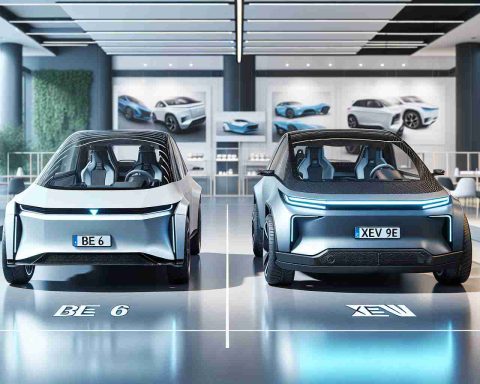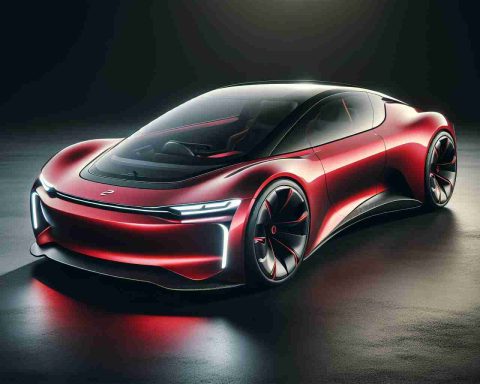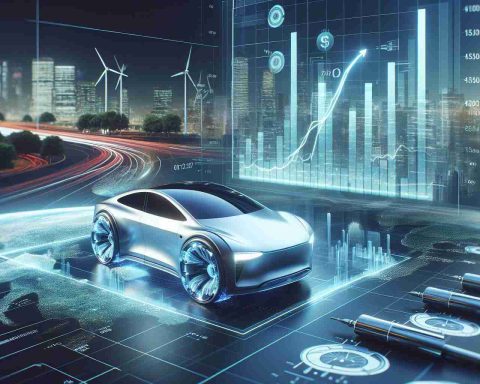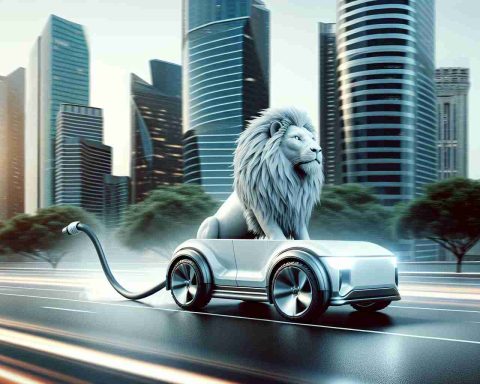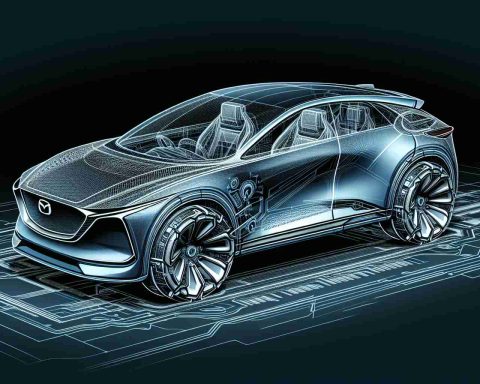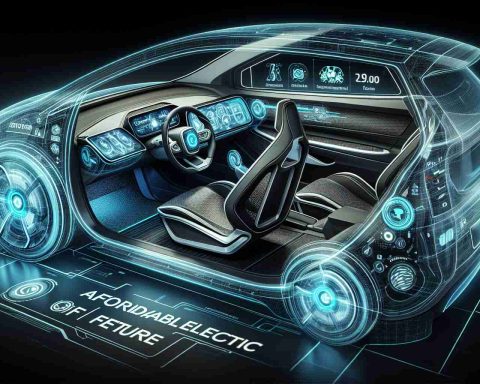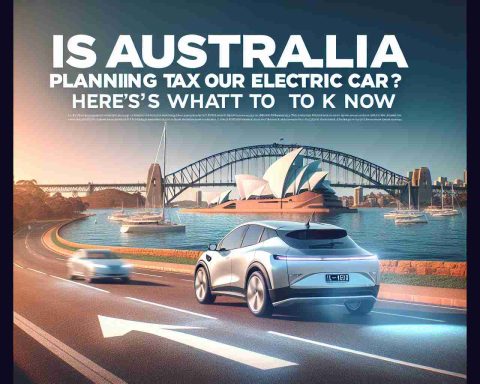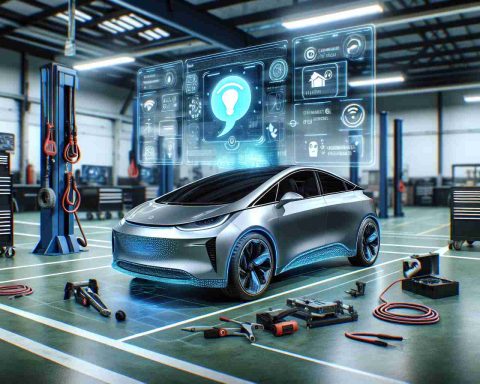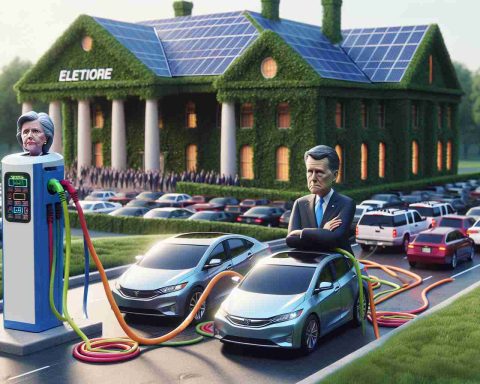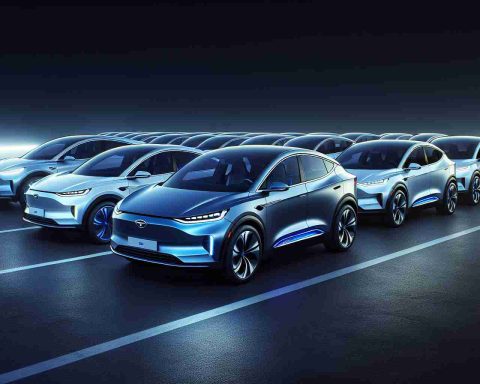- Bentley shifts its goal to a fully electric lineup to 2035 due to slow EV adoption and infrastructure.
- The company focuses on extending the life of existing gas-powered models while maintaining their appeal.
- Luxury automakers like Mercedes-Benz also adapt by prolonging the life of gas-powered vehicles amid electric transition delays.
- Modern cars can be updated with software, adding new features without complete redesigns.
- Adaptability is critical for success in the automotive industry’s shift towards electrification.
As the world races towards an electric future, Bentley, the iconic British luxury car maker, is recalibrating its ambitious dreams. Initially set to transition to a fully electric lineup by 2030 under its “Beyond 100” strategy, the company has shifted this goal to 2035, influenced by sluggish public adoption and infrastructure development for EVs.
This substantial change reveals a common dilemma faced by automakers: how to sustain innovation while halting new designs for gas-powered vehicles. Bentley plans to address this challenge by extending the life cycles of its beloved gas guzzlers, like the Continental GT, a model that has captivated luxury car enthusiasts for over 21 years. With subtle design updates, Bentley ensures that these models remain desirable, sidestepping the pitfall of obsolescence.
While Bentley clings to its combustion engines, competitors like Mercedes-Benz and Rolls-Royce are also recalibrating their electric strategies. Mercedes, for example, is now extending the life of its gas-powered models as the electric transition faces delays.
However, there’s a silver lining: today’s cars are not just mechanical marvels; they’re tech-savvy machines. Automakers can enhance existing vehicles with software updates, introducing new features without requiring a complete overhaul. This means that luxury cars can stay fresh and appealing for an additional three years or more, even as the market evolves.
In a world full of uncertainty, the key takeaway is that adaptability defines success in this electric era. Bentley and its peers are proving that a flexible approach is essential as the industry navigates this transformative journey towards electrification.
Revving Up for the Electric Age: Bentley Adjusts Course in a Shifting Automotive Landscape
The Shift in Bentley’s Electric Strategy
Bentley Motors has made significant adjustments to its ambitious plans for an electric future, delaying its transition to a fully electric lineup from 2030 to 2035. This decision reflects broader industry challenges, including slow public adoption of electric vehicles (EVs) and the lagging development of necessary infrastructure. As a result, Bentley will focus on rejuvenating its iconic gas-powered models while still pursuing technological innovation, accepting that the path to a fully electric fleet may be more gradual than originally anticipated.
Key Innovations and Features
In the race to remain competitive, Bentley plans to leverage technological advancements to keep its conventional vehicles appealing. Recent updates may include enhanced infotainment systems, improved driver-assistance features, and seamless software integrations that introduce new functionalities over-the-air. These upgrades allow the company to maintain the relevance of its iconic models like the Continental GT, extending their lifecycle amidst changing consumer preferences.
Market Analysis and Trends
This strategic pivot by Bentley is emblematic of the current state of the automotive market. Many luxury brands are grappling with the transition to electrification. Manufacturers such as Mercedes-Benz and Rolls-Royce are also extending the lifespans of their gas models as they pivot towards a robust EV lineup. This trend highlights a willingness to adapt and innovate within the constraints of current market dynamics.
Use Cases and Limitations
While Bentley and its competitors enhance their combustion engine offerings, the transition to fully electric vehicles showcases both opportunities and limitations. Luxury car brands must balance the allure of traditional gas engines with the increasing demand for sustainable driving options. The limitations in charging infrastructure and public readiness for electric vehicles necessitate a more cautious approach from these automakers.
Answers to Important Questions
1. Why has Bentley pushed back its electric transition to 2035?
– Bentley’s decision to delay the transition to a fully electric lineup is primarily due to slow public adoption of electric vehicles and inadequate EV infrastructure development. The company recognizes the need to extend the lifecycle of its existing gas-powered models in response to these challenges.
2. What innovations can consumers expect from Bentley’s gas-powered models?
– Consumers can expect enhanced features such as upgraded infotainment systems and driver-assistance technologies through software updates. Bentley aims to keep its traditional models attractive and competitive for several years despite the eventual pivot toward electrification.
3. How is the automotive industry overall responding to the challenges of electrification?
– The automotive industry is exhibiting a trend of extending gas-powered model lifespans while gradually introducing electric vehicles. Major manufacturers are recalibrating their electric strategies to accommodate market realities and consumer demand.
For more insights on automotive transformations, visit Bentley Motors.

